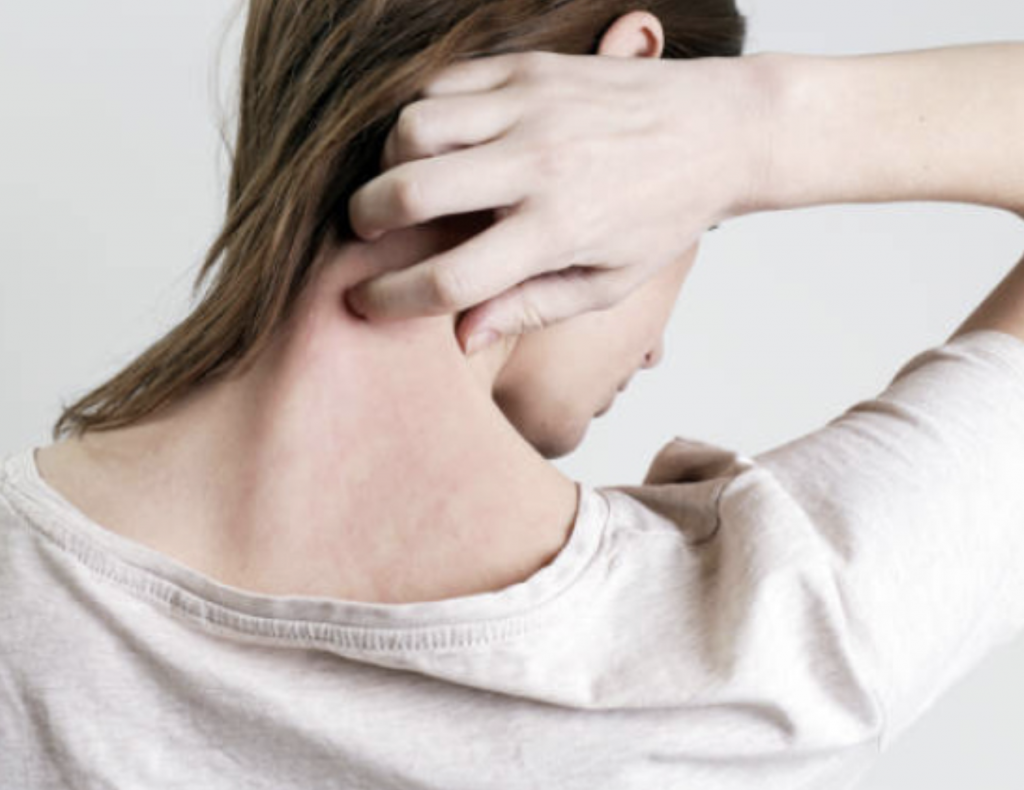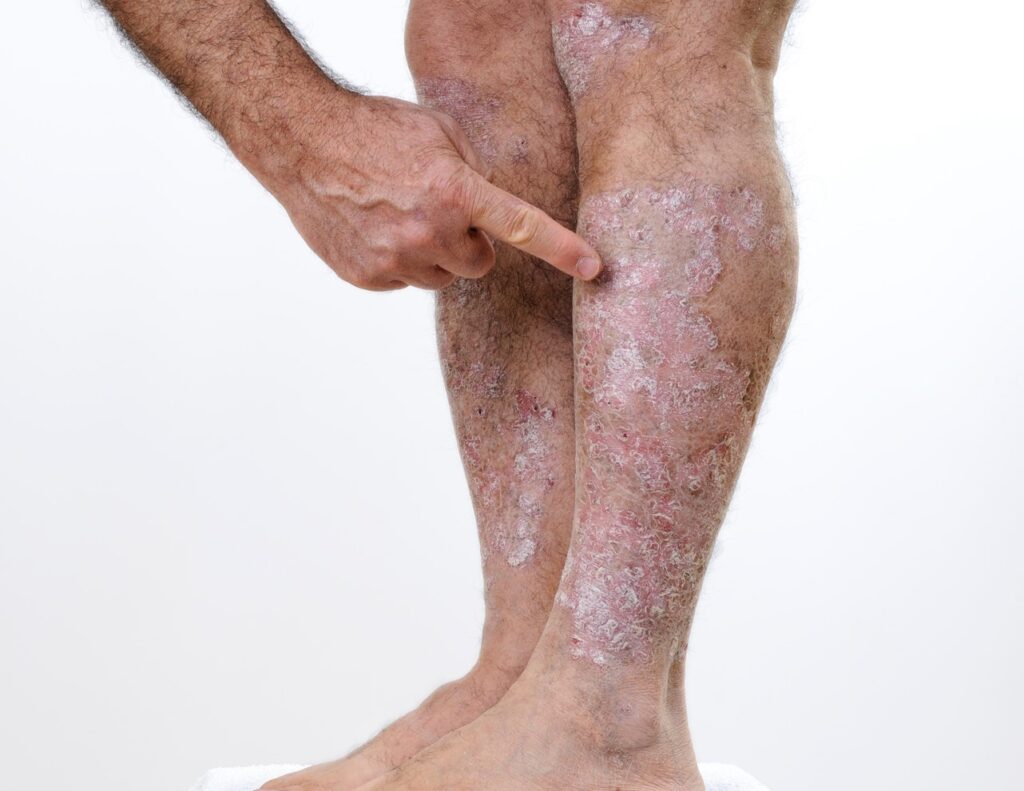Psoriasis is a chronic, autoimmune disease that primarily involves the skin. Most people living with psoriasis have plaque psoriasis, which is characterized by “plaques”, or raised, red areas of skin covered with a silver or white layer of dead skin cells referred to as “scale”. Plaque psoriasis is the most frequently occurring type of psoriasis. The psoriatic plaques can appear on any area of the body but most often appear on the scalp, knees, elbows, trunk, and limbs, and the plaques are often itchy and sometimes painful.
Plaque psoriasis patients often have plaques in areas that are difficult to treat such as skin folds (intertriginous regions) or the scalp, which presents a challenge for drug delivery, as the creams and ointments typically used to treat psoriasis on other body areas can be challenging to apply in these areas. Furthermore, skin folds tend to have thinner, more easily irritated skin and are more prone to steroid-related side effects, especially skin atrophy (thinning), striae (stretchmarks) or telangiectasia (spider veins). Even with biologic therapies, plaques on the elbows and knees are often the last areas to resolve.
Source: Diagnosed patients incl. US, EU5, and Japan (Evaluate Pharma 2023).
Meet Anne who has lived with psoriasis since she was eight years old


Substantial psychosocial impacts of living with psoriasis
The burden of living with psoriasis is often underestimated. In addition to the direct clinical challenges of psoriasis, many patients with plaque psoriasis suffer substantial psychosocial impacts from their disease, including: social stigma, feelings of rejection and shame, guilt, impaired sexual intimacy, discrimination in the workplace, difficulty finding employment or working outside the home, financial hardships, increased work absenteeism and reduced productivity.
Treatment of psoriasis
Psoriasis can be managed by topical, oral and biological treatments as well as phototherapy. Depending on the severity of the disease, patients and healthcare professionals choose between these treatment options. However, many physicians and patients express a need for better oral treatments.
UNION is developing orismilast modified release (MR) for the treatment of psoriasis.


Meet Frederik who has severe psoriasis and learn about his experience with different treatment options

